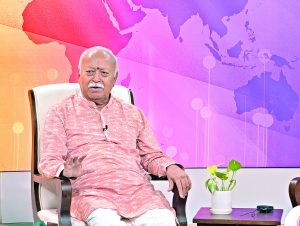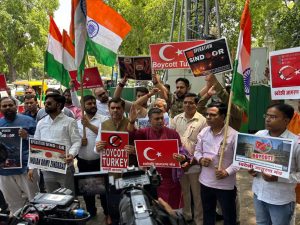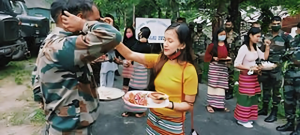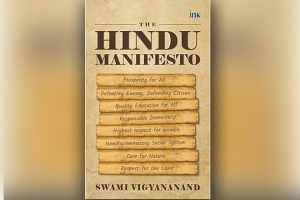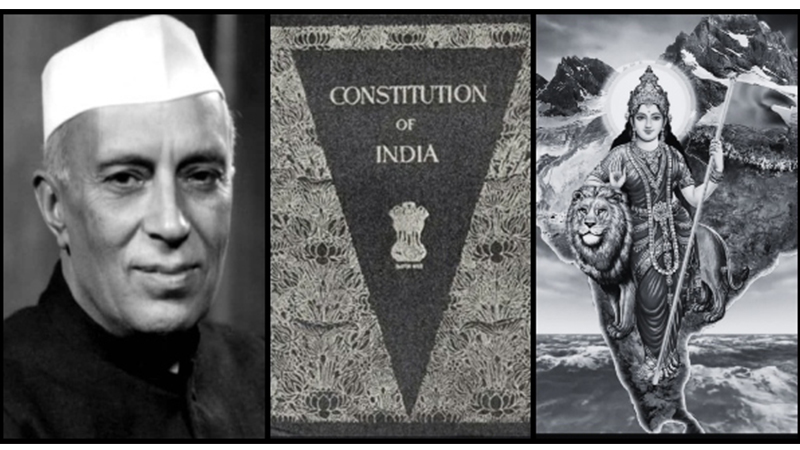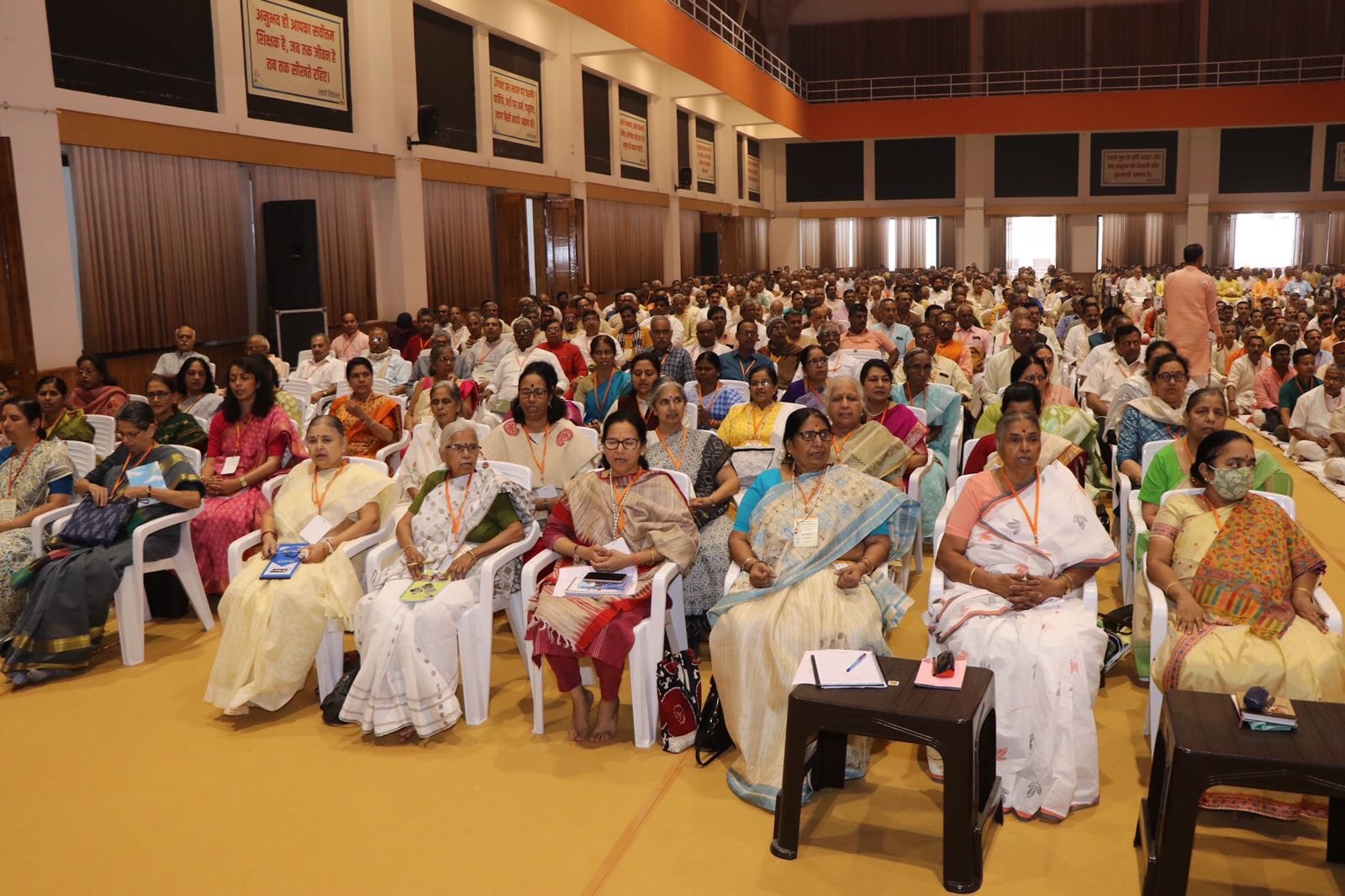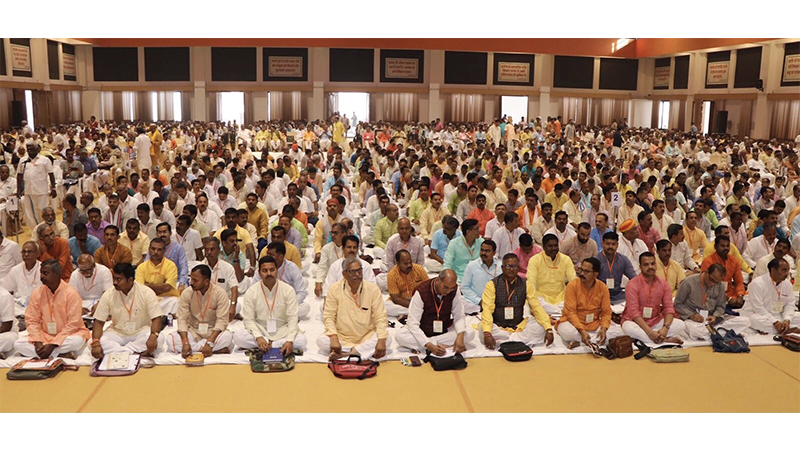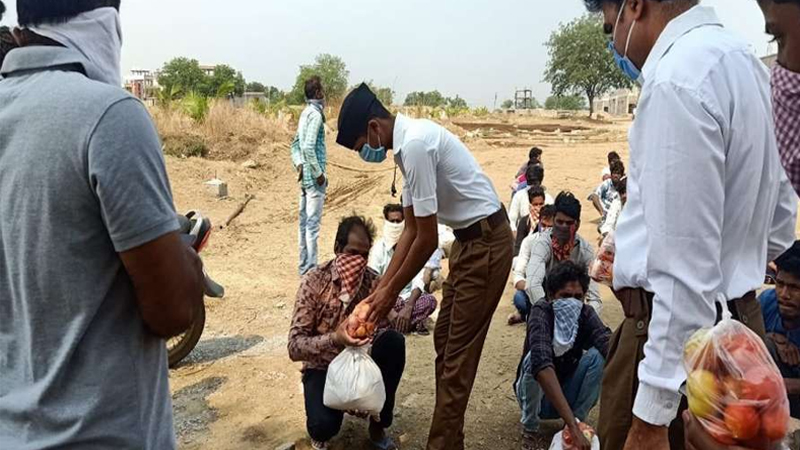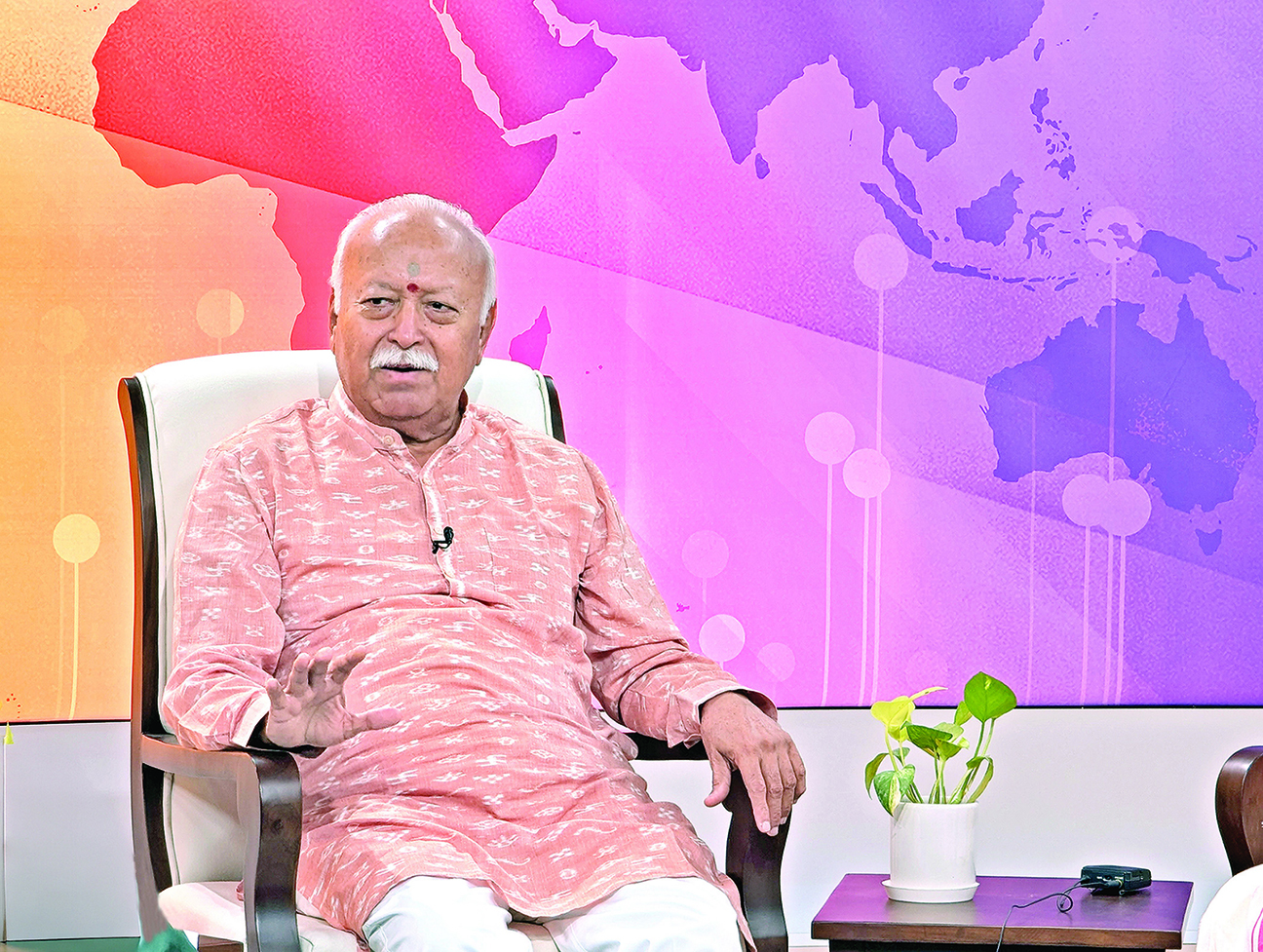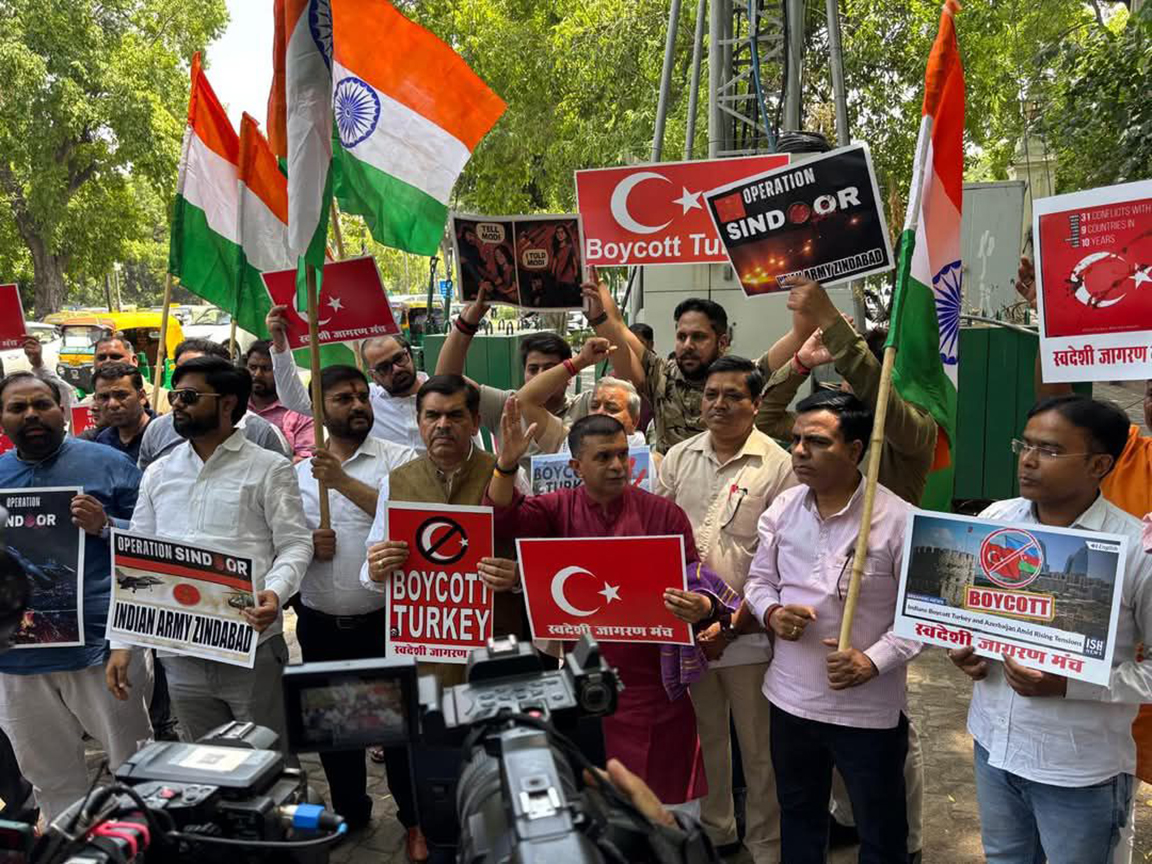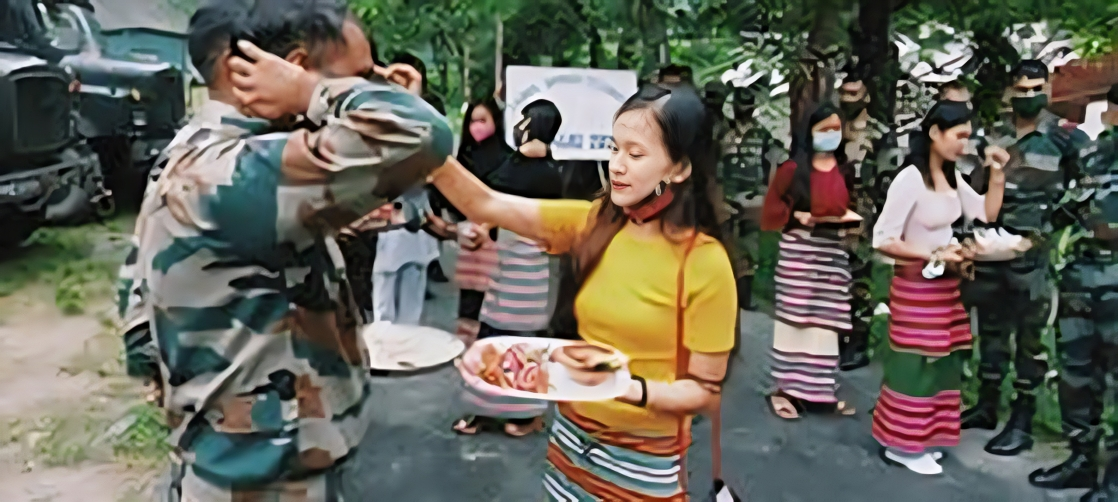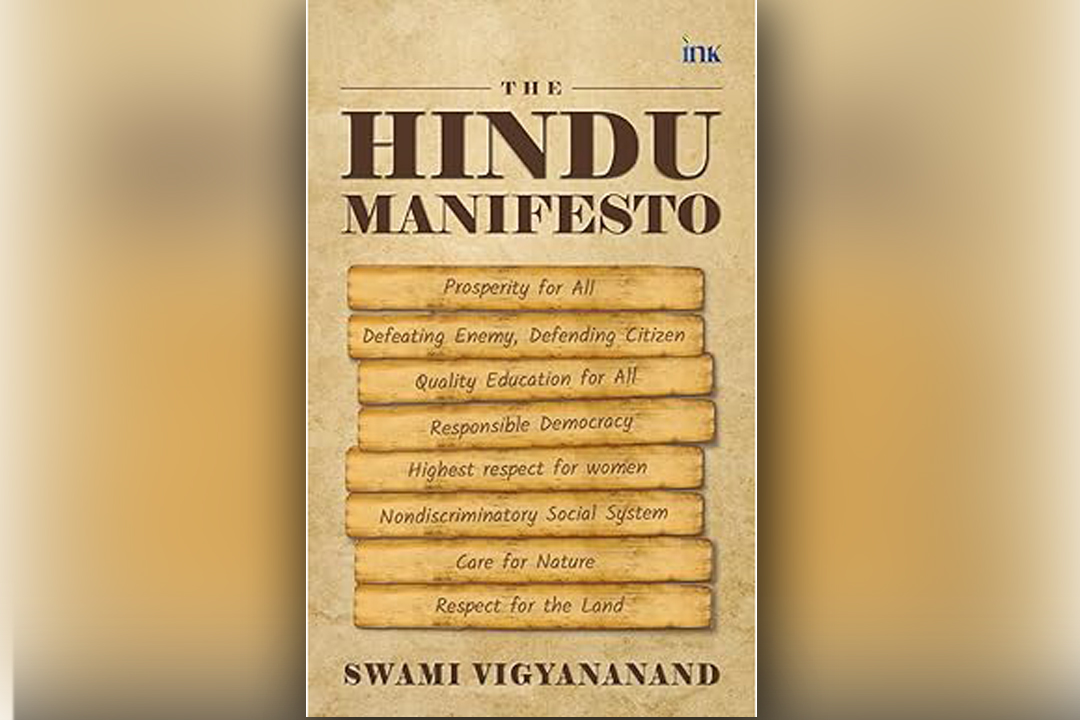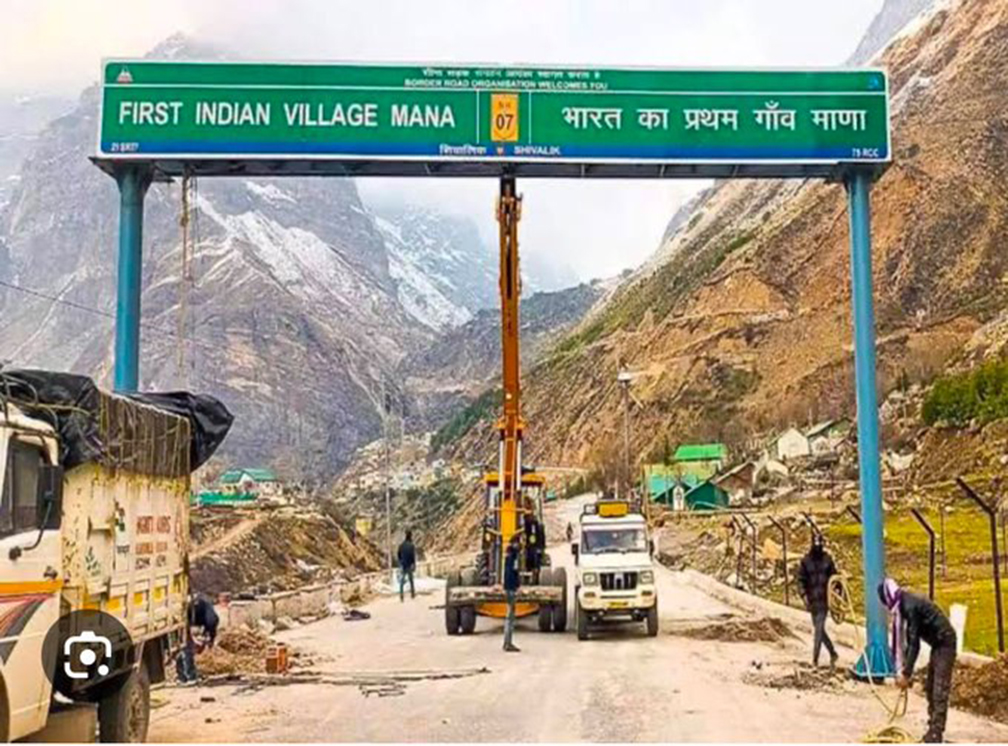Anti-Hindu violence in Bangladesh: RSS has been raising the issue for more than four decades
Updated: November 26, 2024 2:45
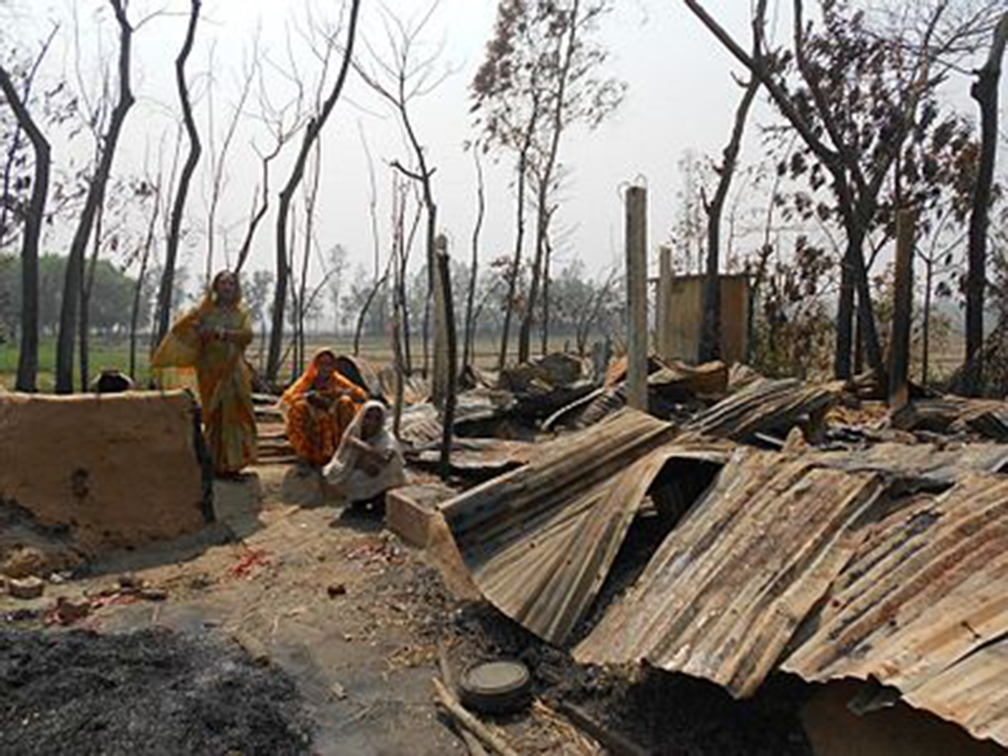
The Rashtriya Swayamsevak Sangh (RSS) continues to be deeply concerned about the atrocities against Hindus in Bangladesh. After Bangladesh Prime Minister Sheikh Hasina’s untimely exit in August this year, more than 2,000 attacks against Hindus were reported across the country between 4-20 August 2024. The violence continues unabated even now as multiple attacks on Hindus and their religious places were reported from Chittagong recently.
The communal attacks on Hindus in Bangladesh, have often been publicised as ‘politically motivated’ rather than communal. The same was also reiterated by the present day interim government, every time, it was questioned of recent attacks on Hindus. Muhammad Yunus, who is driving the interim government of Bangladesh currently, even went to the extent of calling the reporting of communal attacks ‘exaggerated’.
Though the Indian government has urged the Bangladesh government to take strong measures to protect Hindus, the anti-Hindu violence is so deeply rooted in Bangladesh’s socio-political structure that Hindus continue to be unsafe.
The RSS has been raising this issue consistently for decades highlighting a grave threat to Hindus and other minorities in Bangladesh. It passed the first resolution on this issue in 1978 which said, “Under the cover of perverted interpretations of local laws the Hindus there are being stripped of their ancestral property and their means of livelihood, and also pressurised to convert themselves to Islam”
In 1989 it passed another resolution where it expressed grave concern about the massive uprooting of Hindus and other religious groups from Bangla Desh resulting in their large-scale influx in lakhs into West Bengal, Assam, Tripura and Meghalaya.
The resolution said, “Although the lot of non-Islamic groups in that region has ever been worsening all the time, the shocking phenomenon of indiscriminate arrests, molestation of Hindu women, desecration of Hindu temples and forcible conversion of Hindus and other religious groups have become acute following declaration of Bangladesh as an Islamic .state in early 1988.”
It passed similar resolutions in 1993, 1994, 2002. Way back in 2013, the Akhil Bharatiya Pratinidhi Sabha(ABPS), the highest decision making body of the RSS, passed a resolution expressing serious concern over endless persecution of Hindus in Pakistan and Bangladesh
The RSS resolution had condemned ‘the attacks on Hindus including Buddhists in Bangladesh and their places of worship by the fundamentalist groups like the notoriously anti-Hindu and anti-Bharat Jamaat-e-Islami Bangladesh etc.’
The resolution categorically said, “This has become a phenomenon in Bangladesh for the last several decades. The Hindus and other minorities have been facing the brunt of Islamic fury for no fault of their own time and again.
According to the RSS, the roots of anti-Hindu violence in Bangladesh ‘is a consequence of the utterly tragic and irrational partition of our motherland in 1947. The Partition of Bharat was thrust upon the innocent Hindus of Pakistan and Bangladesh by the political leadership. Overnight their motherland became foreign to them.”
It is a travesty that these unfortunate Hindus are paying the price of their lives for the omissions and commissions of their past political masters, said the 2013 resolution of the RSS. It also called upon ‘the Government of Bharat to revisit the entire issue of Hindu refugees and Hindu citizens of Pakistan and Bangladesh.’
It invoked the Nehru-Liaqat pact of 1950 that had expressly stated that the minorities on both sides would be accorded full protection and citizenship rights. The RSS resolution said, “In Bharat every Constitutional measure was invoked to accord not only protection and security but also many special provisions amounting to appeasement in favour of the so-called minorities. They are well-placed in our country today in terms of their demographic, economic, educational and social status. On the contrary the Hindus of Bangladesh and Pakistan have been subjected to continuous persecution resulting in severe depletion of numbers, absolute poverty, human rights abuse and migration. The ABPS insists that it is the responsibility of the Government of Bharat to challenge Pakistan and Bangladesh on the issue of violation of Nehru-Liaqat Pact conditions. Disappearance of millions of Hindus can’t simply be brushed aside by invoking the sovereignty principle. These two countries need to be questioned on the continuous influx of Hindu refugees into Bharat. While not a single member of the so-called minority community has even gone over to these countries from Bharat as a refugee millions have crossed over to this side and are continuing to do so.”
The resolution also highlighted the fact that the Hindu population of East and West Pakistan at the time of the Partition was 28% and 11% respectively whereas the Muslim population of what became truncated Bharat was 8%.
“Today while the Muslim population in Bharat has risen to 14% the Hindu population in Bangladesh has come down to less than 10% and in Pakistan to less than 2%,” said the ABPS resolution of 2013.
In 2021, another top decision making body of the RSS, Akhil Bharatiya Karyakari Mandal(ABKM) passed a resolution expressing its deep anguish over the violence against Hindus in Bangladesh. The RSS also strongly condemned the continuing brutality on the Hindu minority there and termed it as a part of larger conspiracy by Jihadi groups to further Islamisation of Bangladesh.
Three-years after this resolution, the concerns expressed by the RSS regarding ‘Islamisation of Bangladesh by Jihadi group’ are getting reflected on the ground. Jamaat-e-Islami Bangladesh, a radical Islamic outfit known to be engaged in terrorism and subversive activities is leading from the front in anti-Hindu violence. It also played a major role in the forced ouster of the democratically elected Prime Minister of Bangladesh in August this year.
During the last four months, several senior functionaries of the RSS including Sarsanghchalak Mohan Bhagwat and Sarkaryavah Dattatreya Hosabale have repeatedly voiced their concern about anti-Hindu violence in Bangladesh. In the annual Vijaydashami speech at Nagpur, Bhagwat specifically mentioned that Hindus need to learn lessons from the way they have been targeted in Bangladesh.
On October 26, Hosabale said after ABKM’s annual meeting at Mathura (Uttar Pradesh), “On recent Bangladesh incidents, RSS strongly feels that Hindus should not migrate from there. They should stay there, it is their land, and Shaktipeeths are there in Bangladesh. Hindus live all over the world. Wherever there is a crisis, Hindus look towards Bharat which is but natural.”
